LECTURERS
Aleksander Jankowski
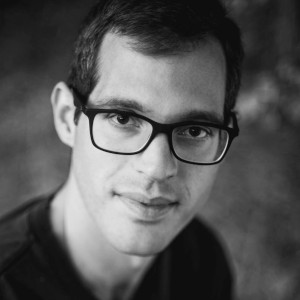
Assistant Professor, Institute of Informatics, University of Warsaw (lecturer and supervisor)
Dr. Jankowski is interested in bioinformatics, regulatory genomics and machine learning. His work is currently focused on interpreting the three-dimensional organization of the genome, dissecting its regulatory impact on gene expression, integrating next-generation sequencing data from single-cell and population-level experiments, and developing deep learning methods for genomics data. He is also involved in teaching programming and data science skills to non-computational researchers
Dominik Schneidawind
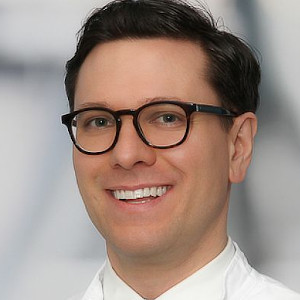
Principle Investigator, University Hospital Tübingen
Dr. Schneidawind has a keen interest in the immunobiology and clinical application of invariant natural killer T (iNKT) cells. He focuses on harnessing their cytotoxic and immunomodulatory properties to prevent relapse and complications such as graft-versus-host disease (GVHD) after allogeneic hematopoietic cell transplantation (HCT). Therefore, his team develops genetically optimized iNKT cells for cytotherapeutic applications.
Ana Stojanovic
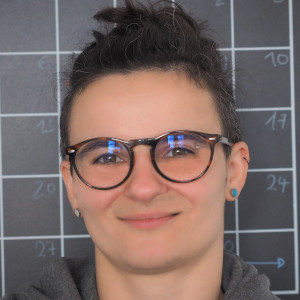
Senior Scientist, Department of Immunobiochemistry, Mannheim Institute for Innate Immunosciences (MI3), Medical Faculty Mannheim, Heidelberg University
Dr. Ana Stojanovic studies the impact of distinct tissue microenvironments in the regulation of innate lymphocyte responses in health and disease. Through use of immunological methods combined with omics, metabolomics, gene targeting, and in vivo models, she is dissecting how immune cells sense their microenvironment and how they adapt their responses in different organs by modulating gene expression and interaction with other cells in the tissues.
Giulio Pavesi
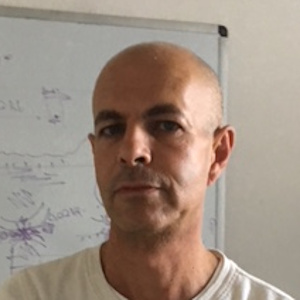
Professor of Molecular Biology (Bioinformatics) at the Department of Biosciences of the University of Milan
His research, with the Bioinformatics, Evolution and Comparative Genomics Group, is mostly focused on the development of computational tools and algorithms for the annotation of regulatory elements in genomic sequences and their application, including the analysis of next-generation sequencing data also at the single cell level. He is the Head of the Master Degree program in Bioinformatics for Computational Biology at the University of Milan, and Elixir-IT member.
Antonia Rotolo
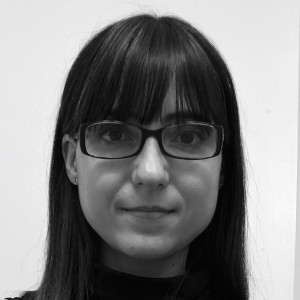
Postdoctoral Fellow, University of Pennsylvania Veterinary Cancer Center, Philadelphia, PA
Dr. Rotolo is a physician-scientist whose work concentrates on invariant Natural Killer T Cells (iNKTs) and their potential for adoptive cell therapy. Her work combines single-cell transcriptomics with both in vitro and in vivo models to dissect iNKT biology and mechanisms of function and develop novel iNKT-based immunotherapies. The goal of Dr. Rotolo’s research is to provide the foundation for clinical development of allogeneic iNKT therapies for cancer and transplant patients.
Kyoung Jae Won
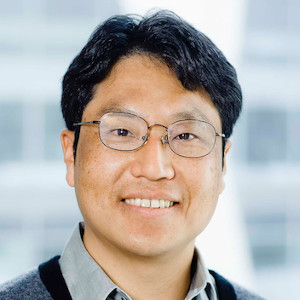
Associate Professor at BRIC, University of Copenhagen
Dr. Won have developed computational algorithms to perform comparative study across multiple cell as well as tissue types to investigate the epigenetic commitment of each cell type. I identified condition specific gene regulatory regions and reconstructed regulatory networks. I also expanded my research subjects into a broad range of areas in biology including cancer, and developmental biology through the collaboration with bench biologists, for which I have provided genome-wide view and new hypothesis driven from the data analysis. With my special interest in single cell data, I develop computational algorithms for single cell and spatial transcriptomics data analysis.
Arnaud Krebs
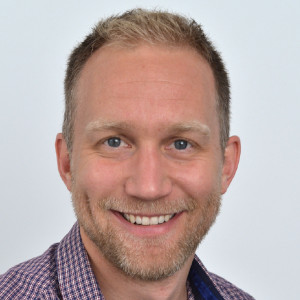
Group Leader, EMBL Heidelberg
The Krebs lab developing quantitative experimental strategies to dissect the fundamental principles of gene regulation. Our approach combines large-scale manipulation of the regulatory genome with the development of quantitative multi-dimensional readouts to determine the effects of the generated perturbations. We have developed various large-scale approaches to dissect the genetic architecture of regulatory regions in various biological systems. Our work as enhanced our understanding of the contribution of genetic information on the establishment of epigenetic states (Krebs et al, eLife, 2014). We also adapted genomics technologies to dissect the cis-regulatory logic underlying cell-type specification in complex tissues (Hartl et al, NAR, 2017). We recently developed Single Molecule Footprinting (SMF); a methodology to quantify protein-DNA contacts at the level of single DNA molecules in vivo (Kleinendorst, Barzaghi et al, Nature Protocols, 2021). Applying this technique genome-wide enabled us to dissect the complex sequence of binding events that lead to transcription initiation (Krebs et al, Mol Cell, 2017), and transcription factor cooperativity (Sönmezer, et al, Mol Cell, 2021).
Lucie Kraftová
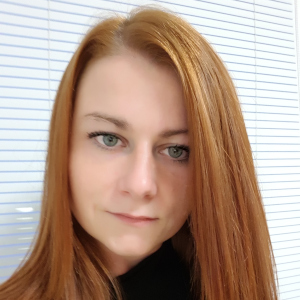
Junior researcher, Biomedical Center, Faculty of Medicine in Pilsen, Charles University
MSc. Kraftova works in medical microbiology laboratory of antibiotic resistance; however, her studies currently focus on the interaction of bacterial pathogens with a host immune system. Using Single Cell transcriptome profiling of immune cell, she studies the response to severe bacterial infections and sepsis, with the focus on prediction of recombination of V(D)J region in T and B cells, together with the expression of cytokines and biomarkers.
Daniel Georgiev
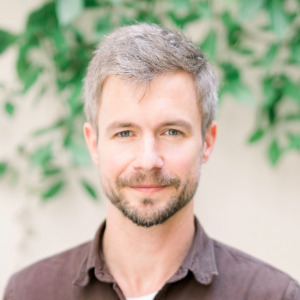
Associate Professor, University of West Bohemia; CEO and Co-founder of Sampling Human, Inc.
Dr. Georgiev is a professor of synthetic biology and a biotech entrepreneur. He works at the interface of genetic engineering and mathematics to make complex biological behavior easier to engineer and measure. Together with his team, he founded the deep tech startup Sampling Human that is deploying Synthetic Biology to make single cell measurement easy. Sampling’s reagent-based technologies accelerate single cell research and enable routine diagnosis of rare cells.
Vittoria Bocchi
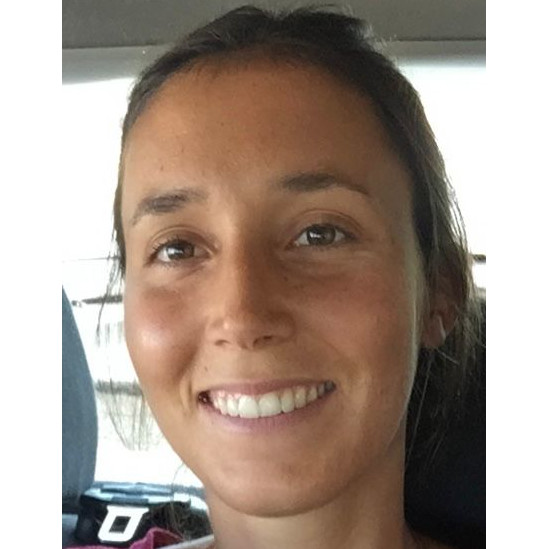
Postdoctoral researcher in the group of Prof. Elena Cattaneo, Laboratory of Stem Cell Biology and Pharmacology of Neurodegenerative Diseases, Department of Biosciences, University of Milan and Istituto Nazionale di Genetica Molecolare
Dr. Bocchi is a computational biologist interested in understanding how the complexity of the brain emerges during human development considering both coding and non-coding genes. She applies numerous computational tools to single-cell data to find novel non-coding RNAs and transcription factors that define the unique characteristics of specific cells of the human brain. Furthermore, she is exploiting single-cell RNA-seq to understand how well in vitro derived neurons recapitulate human brain development in vivo for future cell replacement therapies in neurodegenerative diseases like Huntington’s disease.
